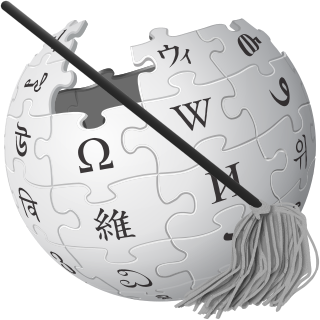The purpose of this redirect is currently being discussed by the Wikipedia community. The outcome of the discussion may result in a change of this page, or possibly its deletion in accordance with Wikipedia's deletion policy. Please share your thoughts on the matter at this redirect's entry on the Redirects for discussion page. Click on the link below to go to the current destination page. Please notify the good-faith creator and any main contributors of the redirect by placing {{ subst:Rfd notice |Kazakh Uyghurs in the Turkvision Song Contest}}~~~~ on their talk page. |
This title is currently a redirect to Turkvision Song Contest 2020; click there to go to the current target. The full content of this redirect page, including all redirect categories, is displayed below. |
#redirect Turkvision Song Contest 2020
- With history : This is a redirect from a page containing substantive page history . This page is kept as a redirect to preserve its former content and attributions. Please do not remove the tag that generates this text (unless the need to recreate content on this page has been demonstrated), nor delete this page.
- This template should not be used for redirects having some edit history but no meaningful content in their previous versions, nor for redirects created as a result of a page merge (use {{ R from merge }} instead), nor for redirects from a title that forms a historic part of Wikipedia (use {{ R with old history }} instead).


